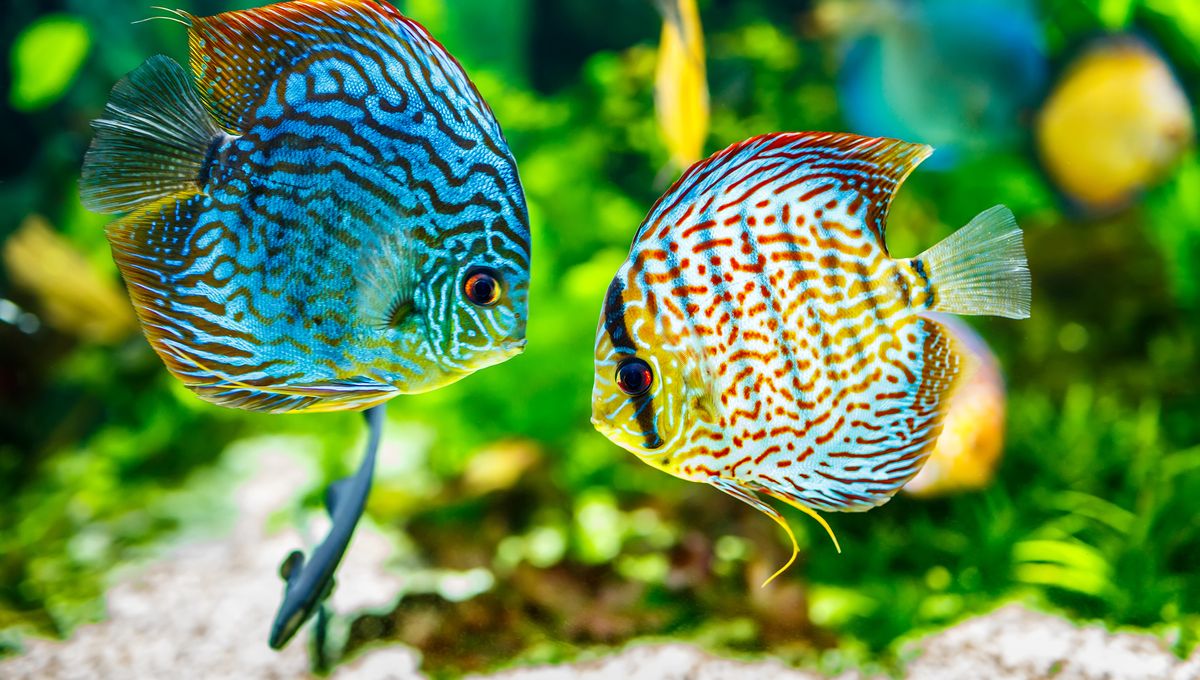
It’s just one of those fundamental things – all animals need water to survive. For us humans, getting it into our bodies is as simple as drinking it. But what about fish? They live in water, so are they just straight up absorbing it, or do they also need to drink?
First things first, fish can absorb water. This happens through a process called osmosis, in water’s attempt to achieve equilibrium.
If that rings only a distant bell from the days of high school science, let us refresh your memory; it’s the movement of a solvent (in this case, water) across a semipermeable barrier from a region where there’s a lower concentration of a solute (in this case, salt) to a region where there’s a higher concentration.
However, whether or not fish also need to drink comes down to how much water is gained or lost from their bodies via this process – and that depends on if they live in freshwater or saltwater.
For freshwater fish, the fluids within their body are much saltier than the water surrounding them and so, seeking chemical balance, water is absorbed through their skin and gills through osmosis.
As a result, freshwater fish generally don’t need to drink much water – if they took in much more, the concentration of salts within their bodies would be so low that their muscles and nervous system wouldn’t be able to function properly. This is also why this type of fish pees pretty much constantly, in order to get rid of excess water.
Saltwater fish, on the other hand, do need to drink water to keep everything in balance. Water is constantly flowing out of their less salty insides through their skin and gills into the saltier surrounding water, so the fish direct some of the water that comes in through their mouth to the digestive tract rather than to the gills.
There’s a problem, however. Whilst the water is very much needed, if the intake of saltwater is left unchecked, there’s also a risk of having too much salt in the body – that’s just as much an issue as having too little of the stuff. To prevent this, saltwater fish have specialized cells in their gills that pump salt out.
And if you’re a shark, there’s another way you can get rid of extra salt too – a salt gland in the rectum.
So, there you have it – some fish do indeed drink. But did you know that fish can also get drunk (as in inebriated, we’re not proposing a fish smoothie)?
Source Link: Do Fish Drink?